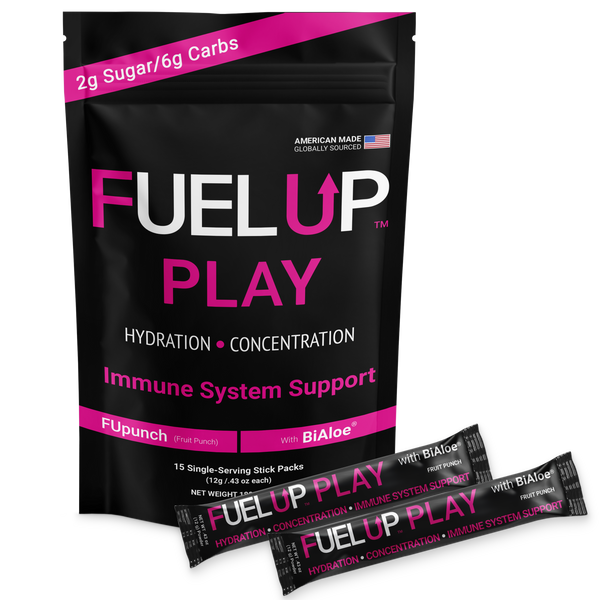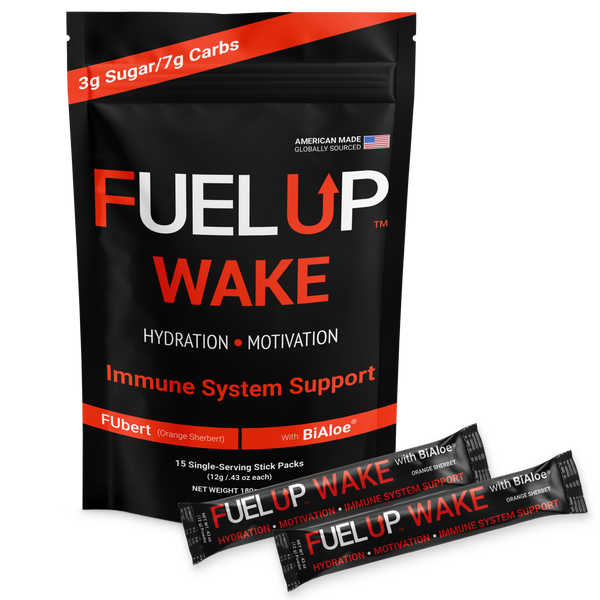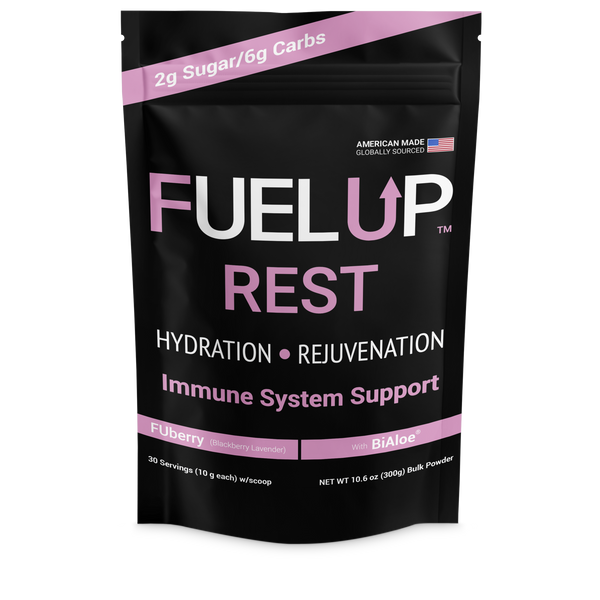When most people think about hydration, they picture chugging water after a workout or reaching for a sports drink during a run. Electrolytes—like sodium, potassium, and magnesium—steal the spotlight, and for good reason. But did you know that a host of other micronutrients play subtle yet vital roles in how well your body performs, recovers, and thrives each day?
What Are Micronutrients, and Why Do They Matter?
Micronutrients are vitamins and minerals your body needs in small amounts to function properly. Unlike the macronutrients—carbohydrates, proteins, and fats—that provide energy, micronutrients are the behind-the-scenes crew keeping all of your systems running smoothly.
While most conversations around hydration focus on electrolytes, it’s critical to recognize that other micronutrients are quietly supporting muscle function, immune response, nerve signaling, recovery, and even mental sharpness. Without them, even the best hydration protocols can leave you feeling less than optimal.
The Role of Micronutrients in Hydration and Performance
-
Vitamin B Complex (B1, B2, B3, B5, B6, B7, B9, B12): These vitamins help convert food into usable energy, support red blood cell production, and aid in muscle repair. Active individuals may have elevated needs due to intense training, and deficiencies can hinder performance or recovery.
-
Vitamin C: Besides its immune-boosting power, vitamin C is essential for collagen production, wound healing, and reducing oxidative stress post-exercise. It also supports the absorption of iron—another vital mineral for performance.
-
Iron: Crucial for transporting oxygen to working muscles, iron deficiency is a common culprit behind fatigue, especially for endurance athletes and women.
-
Zinc and Selenium: These trace minerals are involved in recovery, cellular repair, and immune function. Even slight deficiencies can impact exercise tolerance and result in a sluggish post-workout feeling.
-
Calcium and Magnesium: Both go beyond bone health. Magnesium supports nerve function and muscle contraction, while calcium helps regulate fluid balance and can play a role in preventing cramping.
Signs You Might Be Missing Key Micronutrients
Even when you’re hitting your hydration targets, subtle symptoms can signal gaps in your micronutrient intake:
-
Persistent fatigue or “heavy legs”
-
Difficulty bouncing back after workouts
-
New or unusual muscle cramps
-
Reduced mental focus or sleep quality
-
More frequent minor illnesses or slow wound healing
If these sound familiar, look beyond your water or sports drink—your body might be asking for a broader spectrum of nutrients.
Building Micronutrient Support Into Your Routine
A balanced, whole-foods-based diet remains the gold standard, with colorful fruits and vegetables, lean proteins, whole grains, nuts, and seeds all playing starring roles. Those with increased activity levels, specific dietary restrictions, or higher sweat rates may need to be especially mindful of their intake.
Tips:
-
Rotate fruits and vegetables to “eat the rainbow”
-
Consider a periodic nutrition check-in with a registered dietitian
-
Be wary of over-supplementing—too much can be as problematic as too little
A Smarter Approach to Hydration
Electrolytes are just part of the equation. Real, lasting wellbeing comes from considering the entire nutrient landscape—and that means micronutrients, too. Small, consistent dietary changes can have an outsized impact on your energy, resilience, and performance, both during training and in daily life.
A Note on Supportive Products
While a thoughtful diet is the foundation, some people find value in hydration solutions that combine electrolytes with essential vitamins and minerals. Products like Fuel Up Hydration, for example, are designed to support balanced hydration and micronutrient needs—especially when training, traveling, or facing demanding routines. As always, assess your individual needs and choose options that align with your goals and lifestyle.
This article is for informational purposes only and does not constitute medical advice. For personalized nutrition recommendations, consult a qualified healthcare professional.





